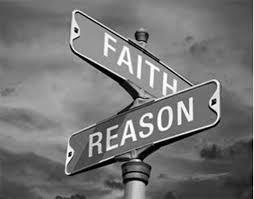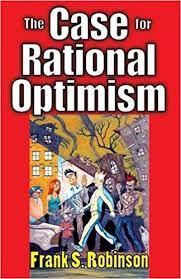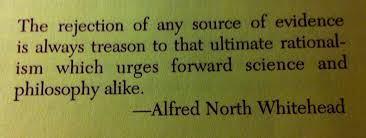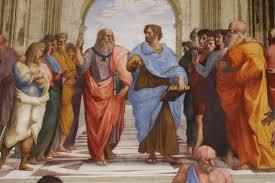 I was flabbergasted by one passage in Tyler Cowen’s 2018 book, Stubborn Attachments. A top economist, Cowen basically argues the moral case for economic growth, as key to improving quality of human existence. All good. Until this:
I was flabbergasted by one passage in Tyler Cowen’s 2018 book, Stubborn Attachments. A top economist, Cowen basically argues the moral case for economic growth, as key to improving quality of human existence. All good. Until this:
“There are, of course, many forms of bad faith in politics, and we should not encourage political (or other) beliefs in willful disregard of reason. But we cannot kick away faith itself as a motivational tool, as politics is of necessity built on some kind of faith. The lack — and, indeed, the sometimes conscious rejection — of the notion of faith, as is common in secular rationalism, is one of the most troubling features of the contemporary world.” (My emphasis)
This is in the context of his arguing that our decision-making tends to give insufficient weight to future impacts. Cowen casts concern about the future as a kind of faith. But what does that word really mean?

Actually, we use the word in two really different ways. One is a synonym for religious belief — with the connotation of Twain’s quip — belief without evidence or even in defiance of evidence. In this sense faith does contrast against reason.
But the word’s other sense, contrariwise, has a strong rational element. As in faith that the Sun will rise tomorrow. Or an airplane will (with a high probability) land safely. Such faith is predicated on factual reality and reason.
There’s much confusion between these two distinct meanings. As when religionists assert that secular humanism, or atheism, is just another “faith,” standing no differently from their own. This is Cowen’s mistake too.

Labeling this a “faith in reason” is another similar confusion. Reason itself, too, is often called just another thing people believe in, again no different really from religious faith. We even hear the words “irrational faith in reason.” But (as Steven Pinker points out in Enlightenment Now) any such arguments actually validate the concept of reason, because all arguments are appeals to reason. That’s how reason differs from faith. Reason is subject to argument; faith is not. (I’ve also heard Pinker remark, “I don’t believe in anything you have to believe in.”)

Getting back to Cowen, he’s wrong to deem secular rationalism’s rejection of “faith” a bad thing. The faith it rejects is Twainian faith that sets itself apart from reason, if not in opposition to it. Whereas it’s our use of reason that has produced all the progress humanity has ever achieved. Indulgence in “faith” outside of reason has only ever held us back. Insofar as secular rationalism can defeat that kind of faith, it’s all to our good.

